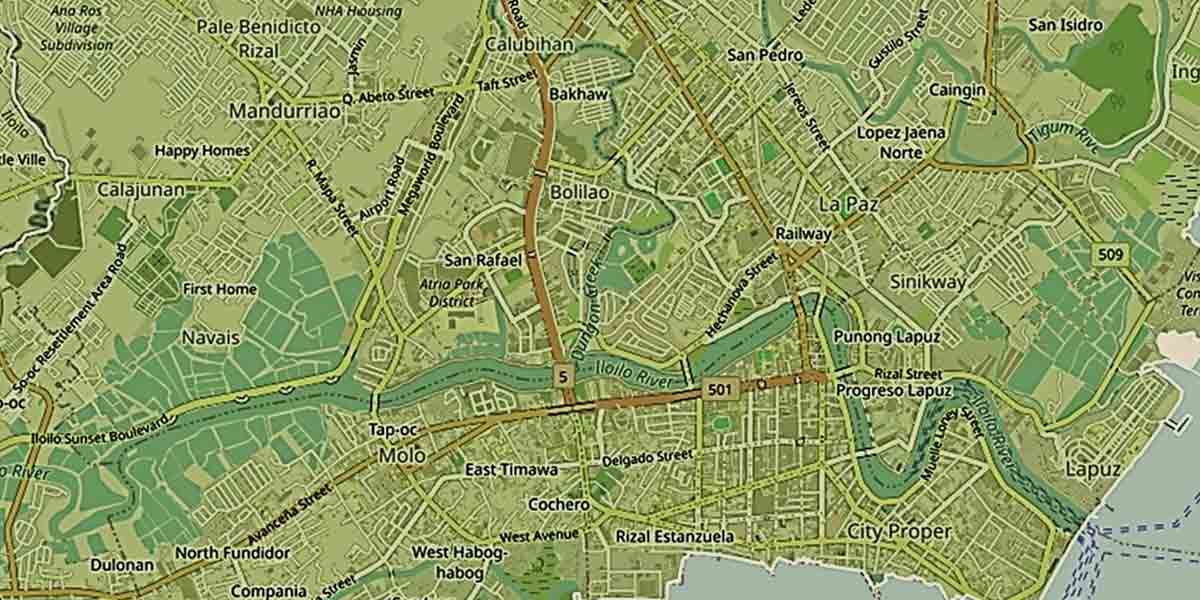 By Dr. Rex Casiple
By Dr. Rex Casiple
Five thousand eight (5,008) out of 7,746 examinees nationwide, or 64.65%, passed the Nurse Licensure Examination (NLE) given by the Professional Regulation Commission (PRC) Board of Nursing in the 14 testing centers in July 2021. This is higher than the June 2019 NLE performance of 52.2% passing percentage.
Psalm Christian Mesias Diesto of Central Philippine University ranked No. 9 among the successful examinees who garnered the 10 highest places in the national level. The Central Philippine University is the Commission on Higher Education’s (CHED) Autonomous higher education institution (HEI) in Western Visayas.
In the Regional level, 13 nursing schools in Western Visayas out of 21, or 64%, performed high or with a passing percentage higher than that of the national level. This is lower than the June 2019 high performing school percentage of 48%. The Region produced 213 passers out of 294 takers, or 72.5% passing percentage. This is higher than the national passing percentage. There were 178 repeaters who took the said examination and 116 first takers. Repeaters passing percentage is 46.74%, while the first takers passing percentage is 95.45%. Four (4) out of 10 examinees from the Region were first takers.
This higher passing percentage in the Nurse Licensure Examination in the country as well as in the Region showed that nursing education program in the Philippines is of good quality. Nursing schools in the Region have teachers equipped with substantial teaching experience. Study showed that faculty qualification including the teaching experience has significant relationship with the quality of education or with the quality of nursing graduates. And the high passing average of the majority of our nursing schools in the region is an indication of an effective BS Nursing curriculum and the significant improvement in the quality of nursing education in the country.
Amid the COVID-19 pandemic, nurses are the frontline healthcare professionals who work across the hospitals, nursing homes, community, and government healthcare agencies. They play multiple roles and functions in the community. They provide health education and support for the general public and for individuals in high-risk in the hospital. They screen suspected cases, implement standard precautions and educate and train patients, among others. They provide care to patients with COVID-19 who are in acute or critical condition, thus, exposing themselves in a hazardous situation.
The government exerted efforts to address the needs of nurses in the country. Increasing the salary of our nurses will attract them to work in our own hospital and to prevent their exodus seeking for a greener pasture abroad. There is a need to protect and develop the nursing profession in the country. To expand the scope of nursing practice to encompass the nursing education service, research, and leadership and governance. Upgrading the country’s nursing profession sustains the Philippine’s leading role in the health-care labor market, and address its most pressing issues, such as unemployment and underemployment of nurses in the country and abroad.
In 2020, a Bill amending Philippine Nursing Act of 2002 was filed in Congress to amend the certain provisions in the Act to provide for an advanced nursing education program. This proposed advanced nursing education program will elevate the status of our nursing education in the country to be recognized as a producer of leaders, experts and authorities in the field of nursing. It calls for the inclusion of community integration and immersion in the basic program for nursing education. This will encourage our nursing graduates to work in a community setting. The Bill also provides that there shall be a graduate program for nursing education which builds on the experiences, and skills of a nurse towards mastery, expertise, and leadership in practice, research, and education. The program includes master’s degree and doctorate degree in nursing.




